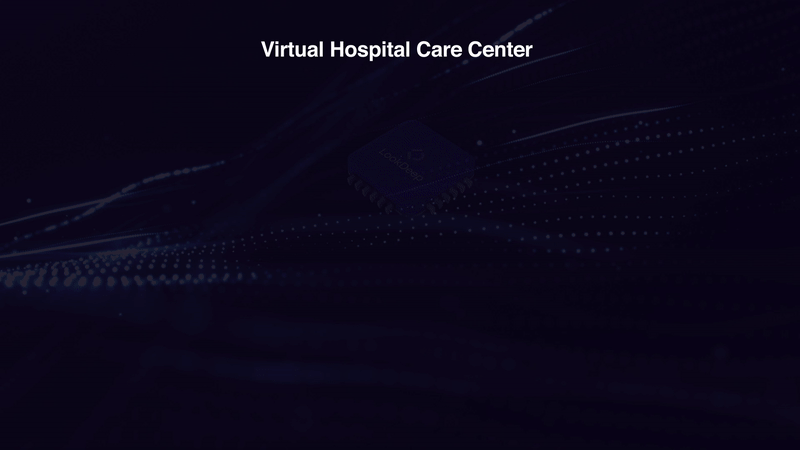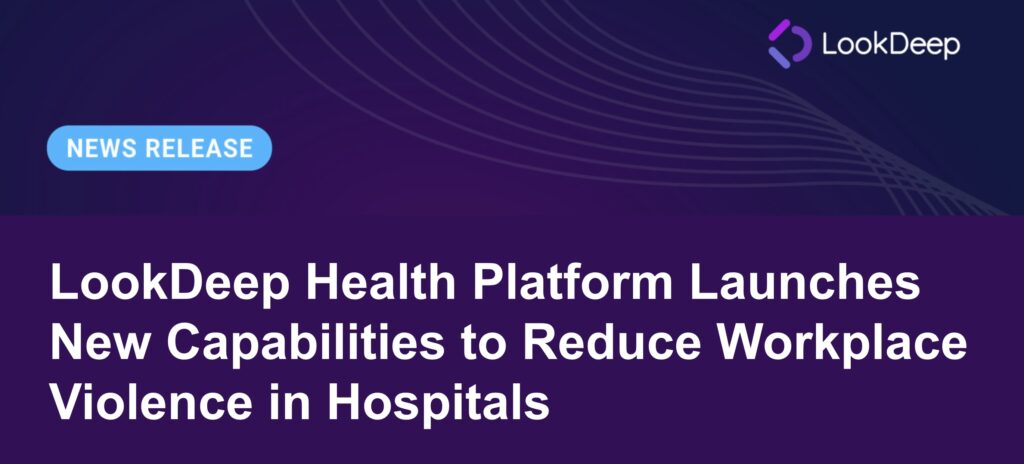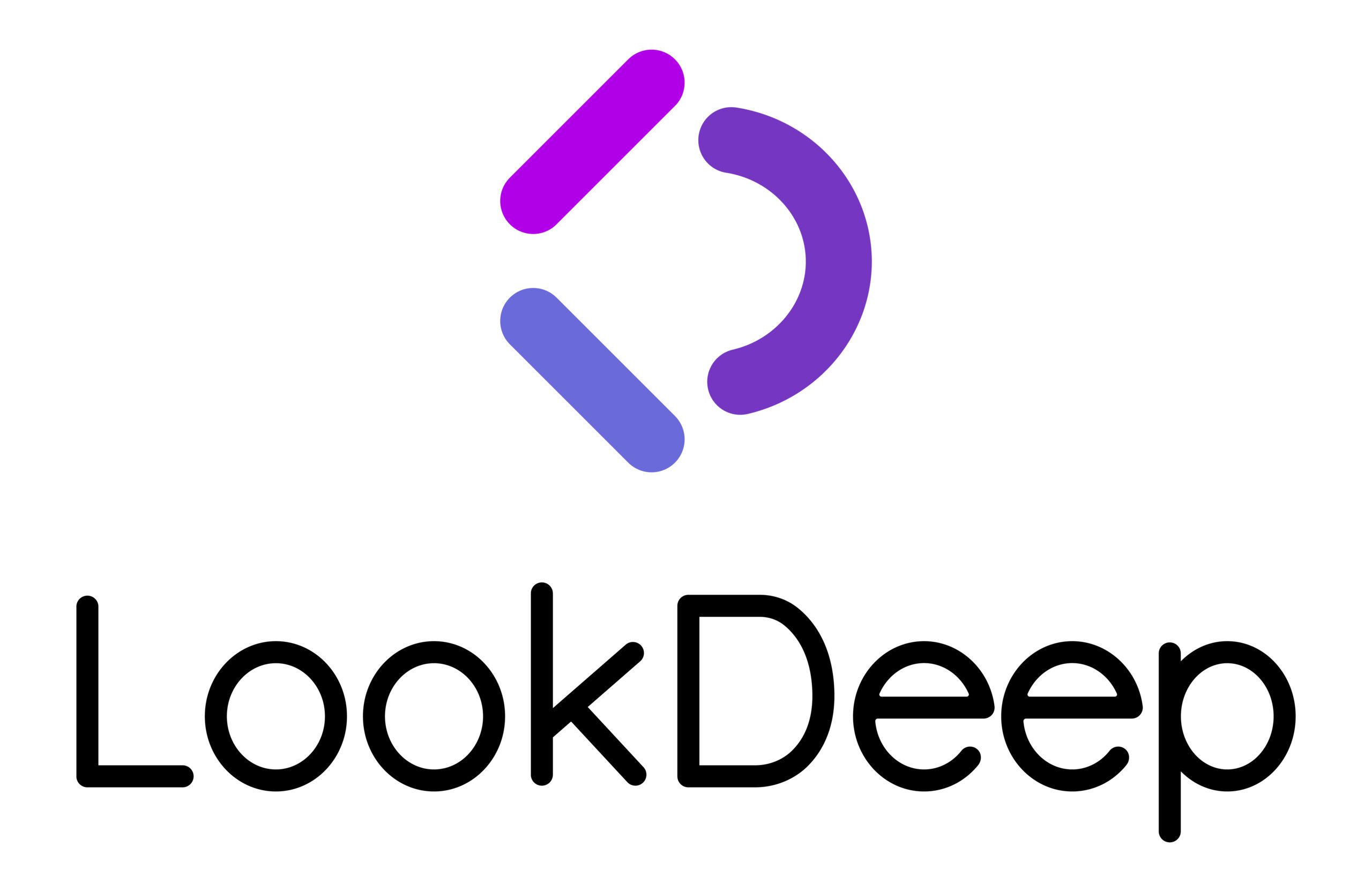LookDeep is revolutionizing inpatient telemedicine by using advanced computer vision and AI technology to help hospital staff continuously monitor all patients. By placing virtual eyes on every patient at every moment, clinical staff can effectively be in more than one place at a time to improve patient safety and clinical care.
We have also pioneered a zero-cost hardware model that enables healthcare leaders to deploy virtual strategies hospital-wide.
Virtual Nursing
Experienced Virtual RNs support bedside staff in caring for patients. Low cost hardware helps cover every bed. Powerful VisionAI helps track changes in patient movement, activity and their care environment. Together this enables virtual nursing to be a guardian angel for the bedside team. Pairing VisionAI with virtual nursing can reduce turnover and burnout, lessen reliance on costly travel nursing, and improve overall patient safety.
Virtual Sitting
A watched patient is a safer patient.
While traditional virtual sitting models focus on a few patients with expensive
hardware endpoints, the reality is that half of patients in the hospital are at
risk for falling. LookDeep has zero-cost hardware endpoints that enable every
room in the hospital to be set up for virtual sitting. Patients can be
monitored for falls with the flip of a switch and without the need to roll
cumbersome video carts around the unit. LookDeep also has the AI technology to
nudge the person monitoring the patients to the ones that need their attention
– to dramatically increase the number of patients monitored by virtual sitters.
Virtual Medicine
With increasing patient loads and limited resources, doctors cannot be everywhere for every patient. Ubiquitous video monitoring creates a foundational layer that reduces the friction to engage with any patient at any moment. The use of AI technology then helps create a second set of virtual eyes watching and quantifying the patients movement and actions. Together, this enables better support of doctors by virtual scribes and translators, makes frictionless teleconsults the norm, and creates more objective information about the patient through VisionAI.
Strategic Partners Defining Strategic Success









